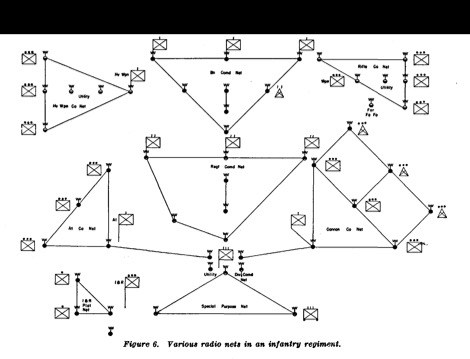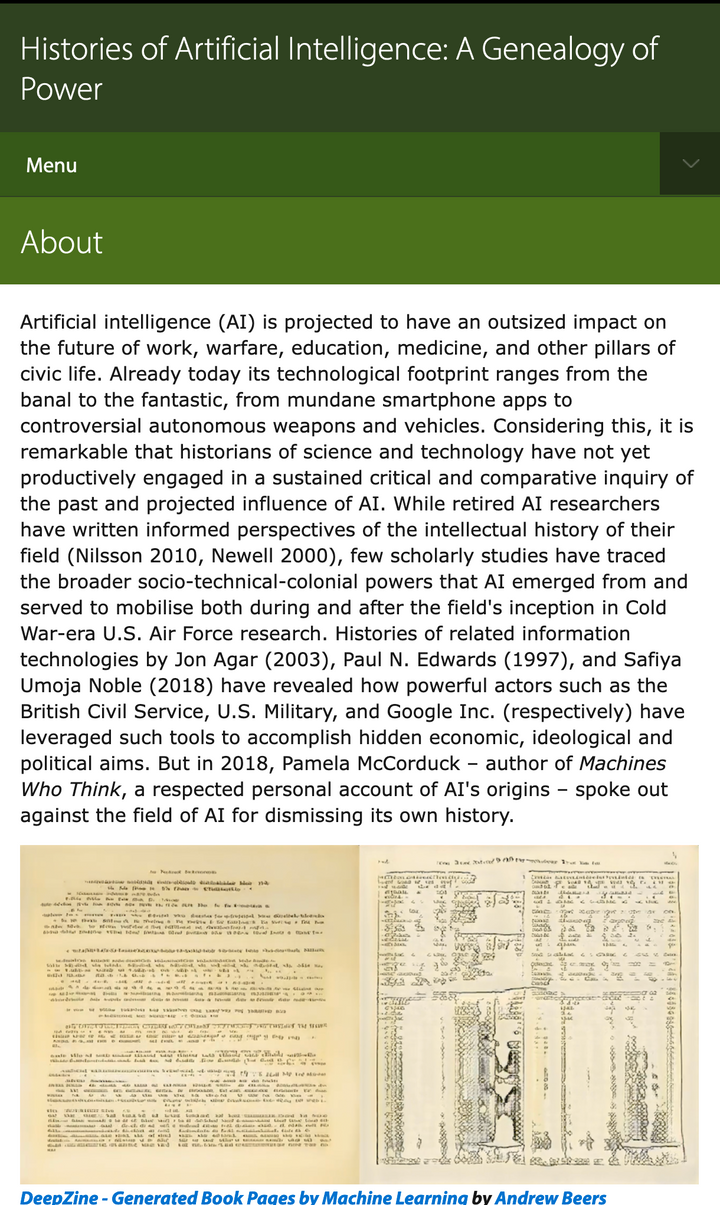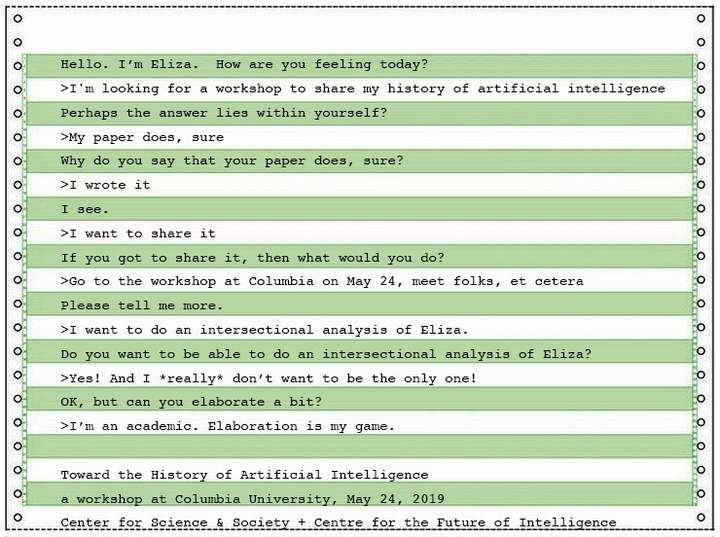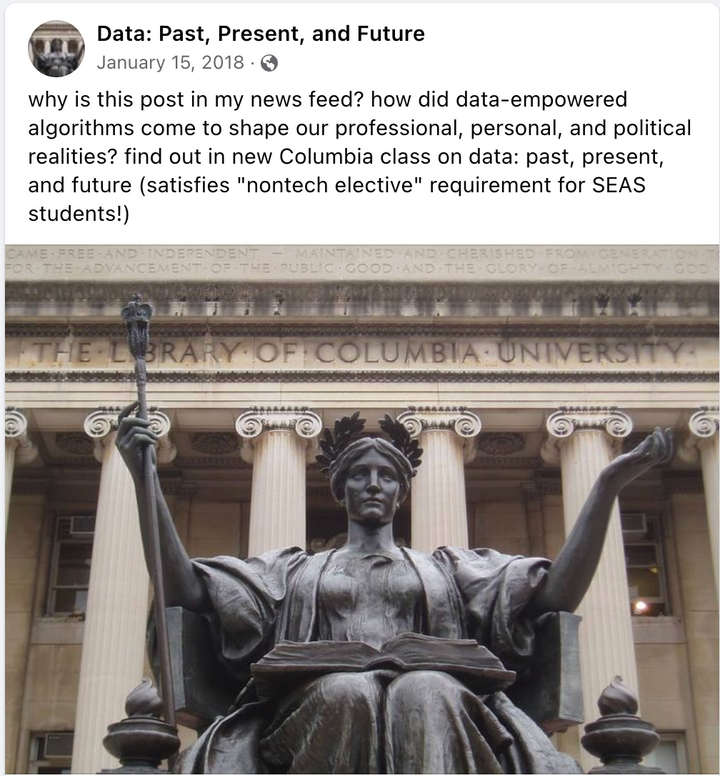
Collaboration

What does it mean to live (well) without human exceptionalism? The idea that humans are separate from their environment, other organisms, or the tools they use — human exceptionalism — has been critiqued from all sides. But what will it mean to flourish without exceptionalism in the future? The interdisciplinary network in the Future Flourishing program brings together philosophers, historians, curators, conservators, artists and anthropologists to imagine what it will take to create a better world for all of the entities that make up humans and live with us. The questions the Future Flourishing program will ask are more than purely intellectual, they should have real impact on the kind of society we want to create at different levels, political, scientific, and moral. We are reacting to, and coping with, a multiplicity of crises. We start from the claim that such crises are, in part, the product of the fiction of human exceptionalism, that is, of the rational individual mind cut off from his or her environment that we have inherited from the moderns. In this program, we seek to understand the implications (good and bad) that the notion of human exceptionalism has had and still has on the kind of knowledge associated (perhaps too easily) with “the West.” We will expand this research question in new directions, based in three “pillars” of work. Central to this work is a concerted inquiry into and recovery of the uses of exceptionalism both within and beyond conventional definitions of the modern and its histories (Pillar 1). A second goal will be to explore the concrete (good and bad) effects of the modern fable of human exceptionalism, and the diverse, persistent alternatives that preceded and accompanied it (Pillar 2). All this will focus our efforts to integrate these ideas (or enter into dialogue with them) in the creation of our own fiction (Pillar 3). 2023-2028


